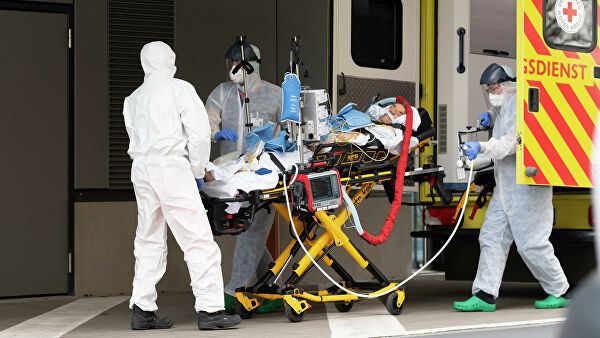The UK Health Security Agency (UKHSA) published the findings in its latest variant technical briefing, in which it also says Omicron infections are estimated to be between 31 to 45 percent less likely to lead to an A&E visit than Delta.
The agency caveats the results by saying the analysis is “preliminary and highly uncertain because of the small numbers of Omicron cases currently in hospital” as well as the limited spread of the variant in older age groups, who are more susceptible to serious illness.
The results are in line with other studies published on Wednesday by Imperial College London and the University of Edinburgh.
The UKHSA study did however find evidence that protection against symptomatic Omicron infection wanes after the second dose of COVID-19 vaccine. And while it improves after a booster shot, the latest data suggests this protection then wanes more rapidly, around 15 to 25 percent lower after 10 weeks.
The latest data is “promising” according to the UK’s health secretary Sajid Javid.
“This is early-stage analysis and we continue to monitor the data hour by hour,” he added.
The UKHSA results were published as the UK reported a new daily record for COVID infections, with 119,789 positive cases in the last 24 hours.
The country registered another 147 coronavirus-related deaths, and the total confirmed cases of Omicron now stands at 90,906.
Dr Jenny Harries, UKHSA Chief Executive warned that with cases so high in the UK “even a relatively low proportion requiring hospitalisation could result in a significant number of people becoming seriously ill”.
More about: Omicron coronavirus















































